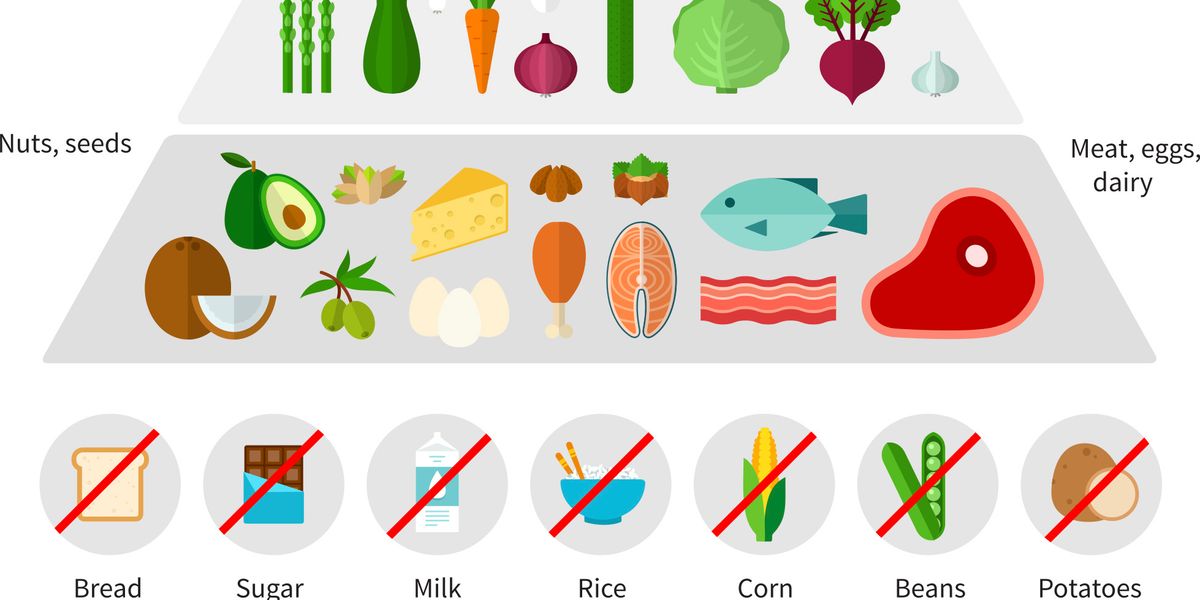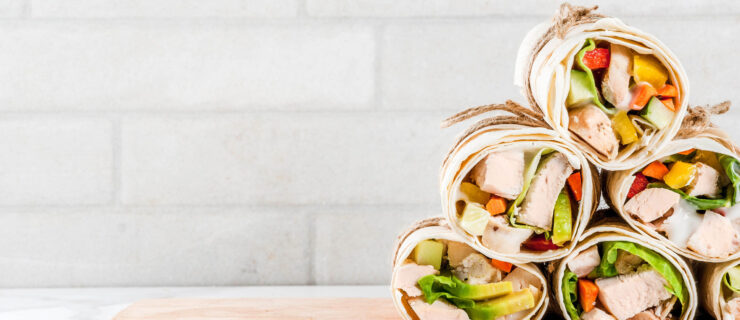Is the Keto Diet Safe for Dancers?
Boundless energy. A more “toned” feeling. Decreased inflammation. When Patricia Zhou (then dancing with the Staatsballett Berlin in Germany) heard a friend rave about the ketogenic diet’s supposed effects over two years ago, she knew she had to give it a try. Zhou, who’s now with L.A. Dance Project, stuck with the ultra-restrictive diet longer than most, but has since returned to eating normally. Why? And what can you learn from her experiences? DS spoke with Zhou and two nutritionists to find out.
 Patricia Zhou (Da Dong, courtesy Zhou)
Patricia Zhou (Da Dong, courtesy Zhou)
What’s the Science Behind Keto?
The ketogenic diet, which is low-carb and high-fat, has been around since the 1920s, when it was developed to treat people with epilepsy who didn’t respond to medication. “When the body is deprived of carbohydrates, it instead makes energy by turning the fat in foods you eat into acidic chemicals called ketones,” explains Jennifer Medina, MS, RDN, CDN, CDE, who has counseled families about the ketogenic diet through the NYU Langone Epilepsy Center. This extreme state, in which your body burns ketones instead of glucose for energy, is called ketosis.
 Getty Images
Getty Images
What Do You Eat on a Typical Day?
When Zhou was on the ketogenic diet, she might have two eggs cooked in butter and a coffee with coconut oil for breakfast, with a snack of macadamia nuts after morning class. Lunch would be a salad with lots of feta cheese, along with half an avocado with olive oil and apple cider vinegar dressing. Dinner was fatty meat or salmon, plus cauliflower puréed with heavy cream, parmesan, and spices.
In a diet where 70 percent of calories come from fat, where are the healthy complex-carbohydrates that dancers need? Well, exactly. “Keto limits carbs to just 20 to 50 grams a day—and that’s for an adult,” Medina says. “The micronutrients we get from fruits, veggies, and grains just don’t occur in keto-compatible food categories.” Zhou had to take magnesium and potassium every day and drastically up her salt intake, because ketosis makes it hard to stay hydrated and retain essential electrolytes. Even with supplementation, “I always got muscle cramps and charley horses because I wasn’t eating bananas,” she says.
 Getty Images
Getty Images
How Does It Feel to Be in Ketosis?
“I’d wake up really early, and not get tired during the day,” remembers Zhou. “But I was hungrier than I needed to be a lot of the time, because I couldn’t find keto snacks on the go.” And as your body switches to using ketones for fuel, you can look forward to at least two to three days of the dreaded “keto flu”: “You just feel really unwell,” Zhou recalls. “I remember being in rehearsals and feeling so terrible that I didn’t know if I could dance.”
 Zhou in rehearsal (Sebastián Cvitanic, courtesy Zhou)
Zhou in rehearsal (Sebastián Cvitanic, courtesy Zhou)
Are There Risks?
“Constipation due to lack of fiber, stunted growth, loss of menstrual periods, hormonal imbalances, depression, anxiety, elevated cholesterol that harms your arteries, and disordered eating behaviors have all been linked to the ketogenic diet,” says Lisa Brown, MS, RDN, CDN, who specializes in eating disorders. “To do keto, I had to record every single thing I ate, take supplements, and cook every meal at home,” Zhou adds. “It began to feel very restrictive and stressful in that I saw my friends way less because I ‘couldn’t’ go out to dinner or have a slice of cake at a birthday party.” Medina says that even severely epileptic patients on the ketogenic diet “have to be closely medically monitored because it’s not the safest, especially for a young person.”
So, What’s the Bottom Line on Keto?
“Social-media influencers rave about keto, but ketogenic dieting is not sports nutrition,” Brown says. Zhou did a lot of her own research before going keto: “Definitely consult a nutritionist, and even then I would proceed with caution—especially if you’re still growing. If you’re already a perfectionist, it can be very easy to spiral into craziness.” Adds Medina, “We work with dancers from major companies here in NYC, and they all run out of steam if they don’t eat carbs. To be your best self as an artist and as an athlete, keto is the antithesis of what you should be doing.”
A version of this story appeared in the March 2019 issue of
Dance Spirit with the title “Keto or No?”




